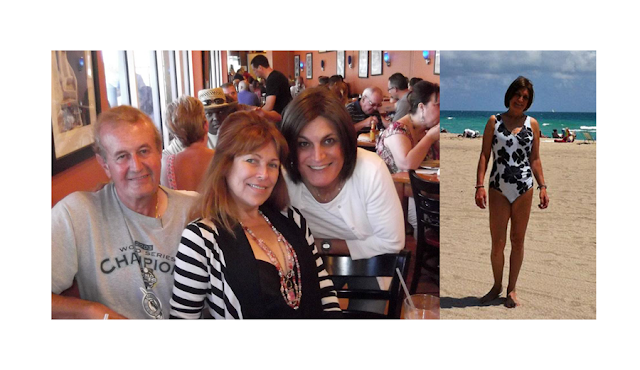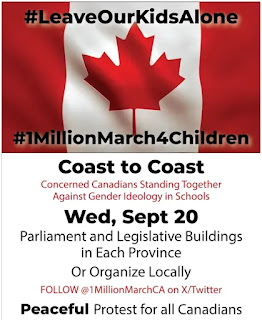Why I don’t look forward to Christmas, but really want to.
Have you ever considered the irony in the Christmas story concerning family?
Luke tells us, “A decree went out from Emperor Augustus that all the world should be registered. All went to their own towns to be registered. Joseph went from the town of Nazareth in Galilee to Judea, to the city of David, called Bethlehem, because he was descended from the house and family of David. He went to be registered with Mary, to whom he was engaged and who was expecting a child.”
Whether this census really took place in exactly this way is debatable. It may have been a more localized census, affecting only the Province of Syria, which included Judea.
Assuming there is some truth to Luke’s account, can you imagine a homecoming where you cannot connect with any of your family and are forced to find shelter in a stable? If Joseph was returning to his roots because of a decree, one would think his roots would also be aware of this decree and anticipate the arrival of many kinfolks, perhaps meeting them for the first time. Was Joseph’s family so fractured that he couldn’t connect with a relative? Or was it the fact that they were poor and were being ostracized and made to be unwelcome?
You don’t have to be a family-ancestry aficionado to think with wonder and curiosity about your ancestors. Imagine being able to gather with all your kinfolk at your ancestral home. What would it look like? It could explain why you have a receding hairline or large ears. But think of all the stories as you trace the history of the gathering?
Unfortunately, homecomings aren’t always joyous events. Families don’t always enjoy a happy history. No family is free from some form of dysfunction or brokenness. Most families deal with this with pretense and denial, keeping silent about the taboos. Some families are embarrassed to be seen with some of their members. You know why. A healthy family system must be aware of its failures and successes, whether real or imagined, public or private. I’m not suggesting for a moment that we should be hanging our dirty laundry for all to see. Rather, I suggest that if we cannot be honest about our families, realizing none are perfect, then there will be no possibility for us to be family to each other.
Additionally, families with intergenerational trauma face a difficult reality that cannot be overlooked or minimized. Reunions can retraumatize and re-open wounds. The call for forgiveness and kindness in family relationships cannot be applied universally. Some histories are too difficult to reconcile. Optimally, our focus, then, has to be on how we can create safe spaces for individuals who experience this kind of trauma and brokenness within their families. It is our opportunity to think creatively and act with compassion.
If there is any truth to the saying: “Kindness begins at home,” and if our answer to the question in Micah, “…and what does the Lord require of you but to do justice, and to love kindness, and to walk humbly with your God?” and if mercy does not radiate out from family, what hope is there for us to know what it means to do justice and love kindness in the community?
In other words, if we have become selective within our own families so that either collectively or individually, we have come to deem some less deserving of our kindness than others, can we really hope to celebrate the Season that celebrates humanity’s liberation with any integrity?
In the last four months of graduate theological studies, I have come to appreciate one reason why the Bible continues to inspire people. The Tanakh (i.e., the Jewish Bible; Hebrew Scriptures formerly referred to as the Old Testament) and the New Testament do not gloss over family dysfunction. They bear testimony to the importance of having this collective memory I’ve been talking about, where mistakes are admitted, and the consequences for forgetting always have sad results. The inspiring part has to do with how the opposite is true. When we remember, we are compelled to walk humbly with God, act justly, and love kindness, and then blessings flow out to the community with a cascading effect.
This brings me back to why I don’t look forward to Christmas. Actually, I have several reasons. One is that I see how families find it easier to avoid their black sheep and make them invisible. Regardless of how justified they may feel for doing this, they are poorer. Another reason is the ease with which we (I include myself) can treat strangers like family treat family like strangers.
My family is not perfect, and I am not perfect. My divorce two years ago is responsible for much of my difficulty with Christmas. Despite our best effort to minimize the pain, there continues to be sadness that can spiral quickly into a deep funk at this time. I know I am not alone in this. Many experiences deep sadness over broken family relationships. Compounding this sadness is when we are prevented from giving and receiving grace to and from those we have called father, mother, brother, sister, son, daughter, husband, or wife.
Is there any hope? I think so, or I wouldn’t waste your time with my thoughts. I really want us who find Christmases difficult to get through this time of the year and come out smiling at the other end. I don’t want to minimize the hurt many of us experience by spooning out many greeting card platitudes. Instead, I want to challenge us to do the impossible and perhaps the radical: forgive them and forgive yourself.
Whether you are the protagonist or the antagonist in your Christmas story, remember this time-tested truth: “Whoever sows sparingly will also reap sparingly, and whoever sows bountifully will also reap bountifully.”
Our material generosity means nothing in the grand scheme of things. What’s important is being generous in kind, even when we feel bankrupt. And what can happen? Our storehouses will be filled to the top.
Lisa

